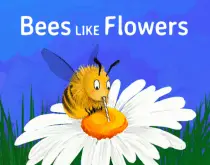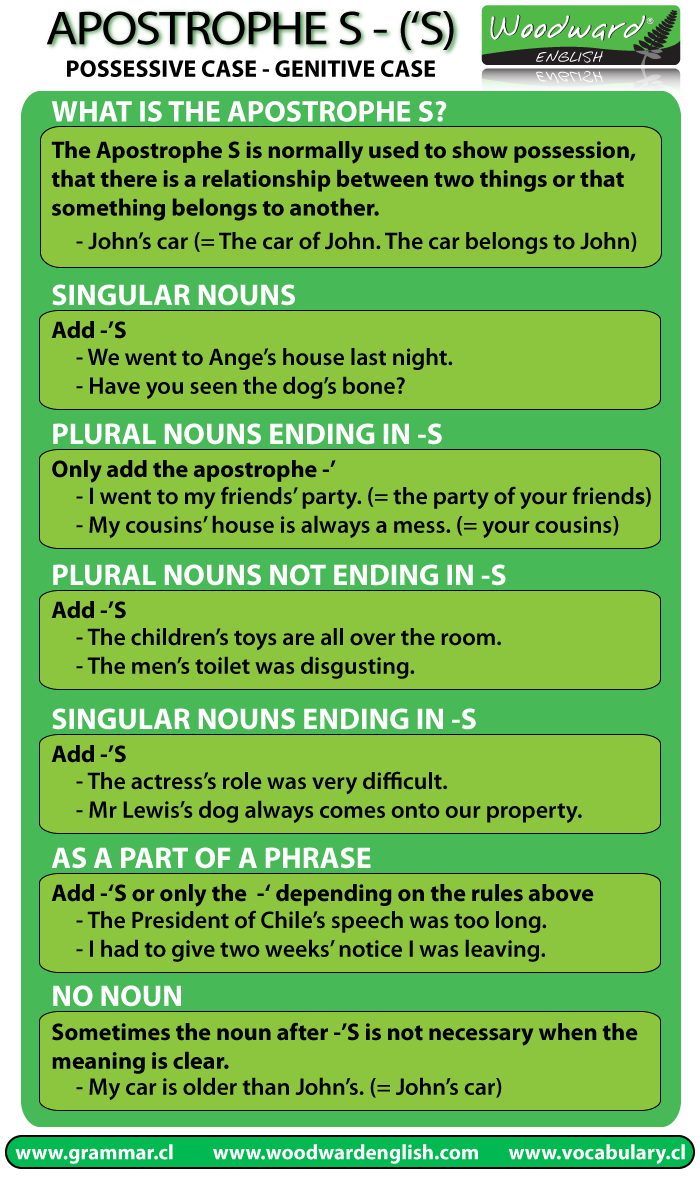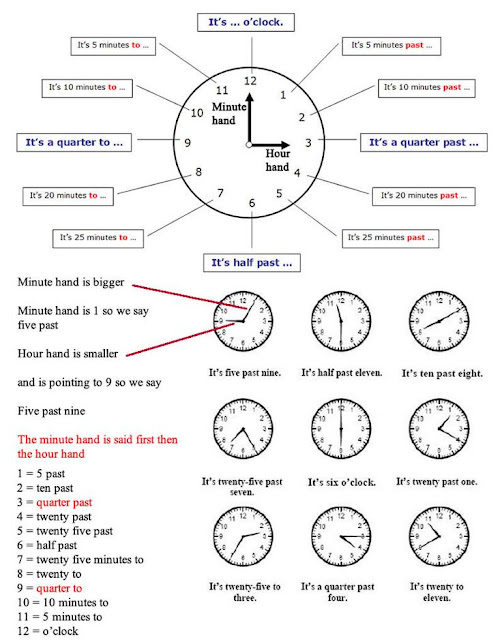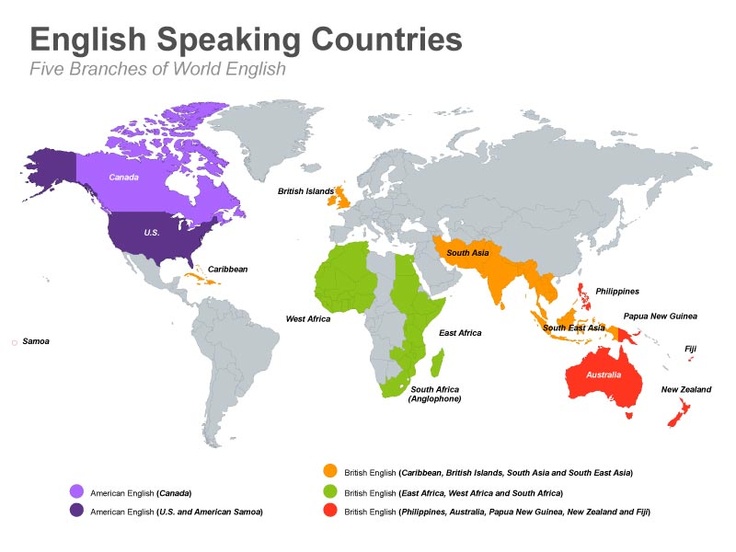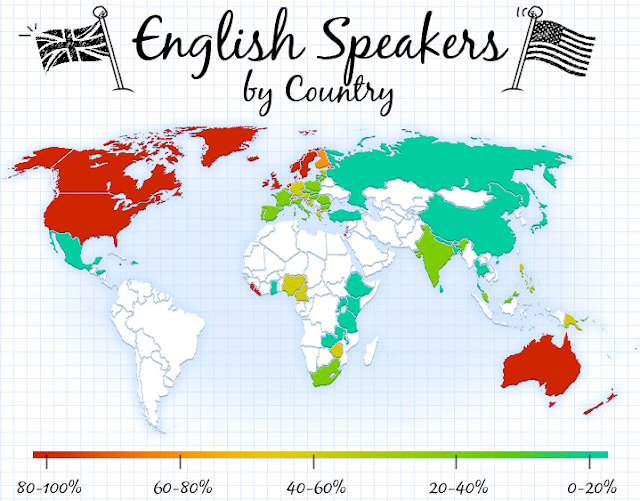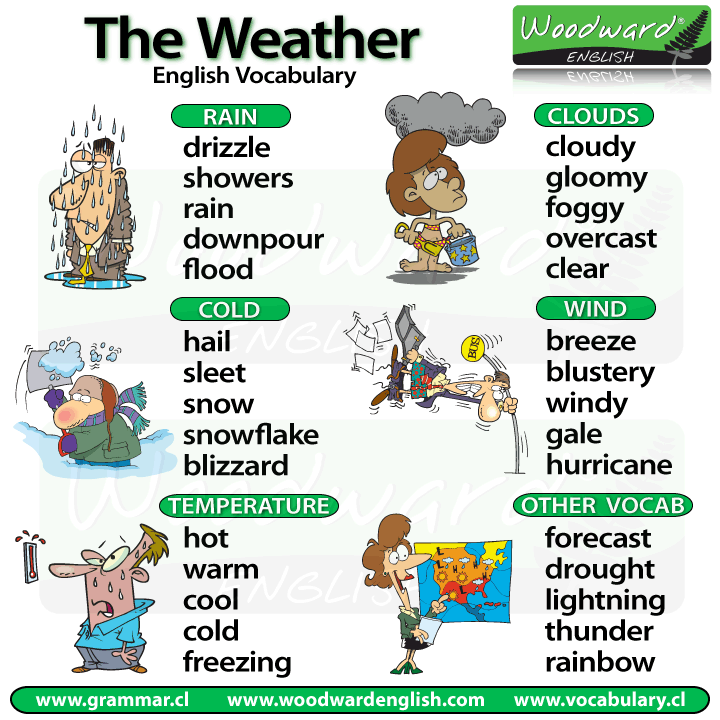#humberteacher Radio
Sunday 30 October 2016
Masks for Halloween
Imagine: It's Halloween time and we don't know what we are going to do with our children, because we don't plan the same class as other Hallowen lessons. Take this idea:
Warm up explaning what Halloween day is.
Print these monsters masks and give out them to your students.
Sing, learn and performance this funny song. Using the masks!!
Learn the lirycs.
Show the main vocabulary for Halloween: Trick or treat, witch, monster, spider, ghost, pumpkin, ... This wallchart is very useful.
Warm up explaning what Halloween day is.
Print these monsters masks and give out them to your students.
Sing, learn and performance this funny song. Using the masks!!
Learn the lirycs.
Show the main vocabulary for Halloween: Trick or treat, witch, monster, spider, ghost, pumpkin, ... This wallchart is very useful.
Friday 6 May 2016
Into books: Adjectives. A crazy way to learn them.
Here you are a funny book in which you can learn more adjectives in an easy and enjoyable way. Take a look!!
Etiquetas:
Adjectives,
Begginers,
Books,
Intermediate,
Reading,
Vocabulary
Tuesday 3 May 2016
FALSE FRIENDS OR FALSE COGNATES
When we speak in English, we have no time to think or react and sometimes we use certain words which are made them up by us. They are closed to similar ones in our own language. These words sound very similar in English as in Spanish language, but their meanings are completely different. We call them: False Friends or False Cognates. Have a look at these examples: This document is downloaded from http://aprendeinglessila.com/
Friday 29 April 2016
Into Books: Danny the Dragon
Wednesday 27 April 2016
Listening. Podcast CBeebies
This is Podcast from the BBC CBEEBIES. This is a story of Leo and how he celebrates Easter Sunday. Review animals, colours, sizes,...Enjoy! It's an easy listening activity!
Etiquetas:
Culture,
Easter,
Intermediate,
Listening,
Podcast,
Vocabulary
Saturday 23 April 2016
World Book Day
 |
| Click on the image |
'World Book Day or World Book and Copyright Day (also known as International Day of the Book or World Book Days) is a yearly event on April 23rd, organized by the United Nations Educational, Scientific and Cultural Organization (UNESCO), to promote reading, publishing and copyright. In the United Kingdom, the day is recognized on the first Thursday in March. World Book Day was celebrated for the first time on 23 April 1995. ' Wikipedia.
That is a little reference about World Book Day and as teachers we must to celebrate this day in our classroom. We take advantage of promote reading and encourage to our children read everyday. We must design a lesson plan for this day, including activities such as reading in a loud a famous book the whole class, make up a story all children and create a different character for it, make a wall chart for this day, etc.
Although doing these activities, we have to foster showing all advantages that books provides us:
- Mental Stimulation
- Knowledge
- Vocabulary Expansion
- Memory Improvement
- Stronger Analytical Thinking Skills
- Improved Focus and Concentration
- Better Writing Skills
- Tranquility
- Free Entertainment
ENJOY THIS DAY WIHT YOUR CHILDREN A
ND VISIT MY RECOMMENDED BOOKS IN THE LIBRARY
Friday 22 April 2016
Learning through the music. The Lumineers-Ho Hey
Songs have been one of the most important vehicle to learn a foreign language. This song is an example about I was talking about. With songs we train our ears and listening skill. I used this song in the 6th grade and it was a great and funny experience. Children were working on a traditional activity with this song called Fill in the blanks or filling the gaps as well. You can download the lyrics with the blanks below the video and also the original one.
Thursday 21 April 2016
Recommended Books for this week
Surf's Up, Geronimo!
Storyline
Surf's Up, Geronimo!
Geronimo Stilton has ducked out of the rat race for a quiet holiday in the sun. But instead of a beautiful seaside resort he finds himself in a fleabag hotel that's falling down around his ears! Will he be able to enjoy a relaxing break or is it holiday horrors all round?
|
The Witches by Roald Dahl
StorylineRoald Dahl's The Witches tells the story of a brave young boy and his Norwegian grandmother as they battle England's witches. |
Wednesday 20 April 2016
Classroom objects
Visual material is the key in English language learning. Our explanation will be more motivate to our kids because they feel more willing to go on learning. Thank to this material, such as this video, we provide them an important visual back up. Therefore, our students will adquire the vocabulary more deeply.
Etiquetas:
Begginers,
Pre-School,
School,
Video flascards,
Vocabulary
Tuesday 19 April 2016
Travel abroad!
This is a useful video for advanced students in Primary Education stage. You can visit different cities around the world, some of them from speaking English countries. Your students have also the opportunity to check and improve their listening comprehension. Come on, let's watch it!
Monday 18 April 2016
Into Books: Bees like Flowers
Bees like Flowers is another books for kids. This is recommended for Pre-School stage. I have used it in my lessons and I spent 4 sessions in reading and summarize the key vocabulary.
KEY WORDS: flowers, bees, stinger, tree, yellow, honey, queen.
STRUCTURE: I like ...
KEY WORDS: flowers, bees, stinger, tree, yellow, honey, queen.
STRUCTURE: I like ...
|
|
Etiquetas:
Begginers,
Books,
Pre-School,
Reading,
Vocabulary
Sunday 17 April 2016
Saxon Genitive
Possession in addition to being expressed with the verb 'have' (or 'have got') and possessive adjectives (my, your, his, her, its, our, your and their) is expressed by special construction which in English is called 'Genitive Saxon'. In Spanish it is equivalent to the structure with the preposition 'de' (of).
Let's consider the following example:
REMEMBER: The apostrophe + s is added to singular nouns and just the apostrophe to plural nouns
This structure is used with people and animals, though it can also be used with places, organizations and companies.
Otherwise, if the possessor is not a person, the Saxon Genitive is not used.
To sump up, let's take a look at this Summary Grammar chart
Let's consider the following example:
Ex: The child's book / Juan's bookAS seen , in english, first we put the possessor followed by the apostrophe ' and 's', when the possessor is in singular. When the possessor is plural, just the apostrophe. After this the thing possessed.
Ex: The student's new pencil / Mary's brother
My parents' house.
(Refers to the house that my parents have.)
REMEMBER: The apostrophe + s is added to singular nouns and just the apostrophe to plural nouns
This structure is used with people and animals, though it can also be used with places, organizations and companies.
Otherwise, if the possessor is not a person, the Saxon Genitive is not used.
Ex: The legs of the table -NOT-The table's legs
To sump up, let's take a look at this Summary Grammar chart
Saturday 16 April 2016
What time is it?
Now, you have a simple way to learn the time in English. Are you ready? Come on!!
Make your own and … practice and practice!!!
ENGLISH SPEAKING COUNTRIES AROUND THE WORLD
Here you are a map of the Speaking English countries around the world.
ENCONTRADO EN: google.com/images
Etiquetas:
Culture,
Speaking English countries,
Vocabulary
Thursday 24 March 2016
Easter Holiday
Have ever you wondered which the origin of Easter Holiday is? May be this video will answer your doubts. Let's watch it!!
Thursday 14 January 2016
Morning and daily routines
I want to share with you a 'Morning Routines presentation' which is going to give you some ideas when you start a English lesson. Use it in early stages and even in intermediate. After this warmp up, start you session!
Etiquetas:
Begginers,
Daily routines,
Intermediate,
Structures
Sunday 10 January 2016
The Weather II
"What's the weather like? It's .... " This is the way we ask for the weather. We can add more information or being more accurate if somebody wants to know about the weather. Check the picture below and learn new vocabulary. Anyway, visit this link for more information.
Subscribe to:
Posts (Atom)



